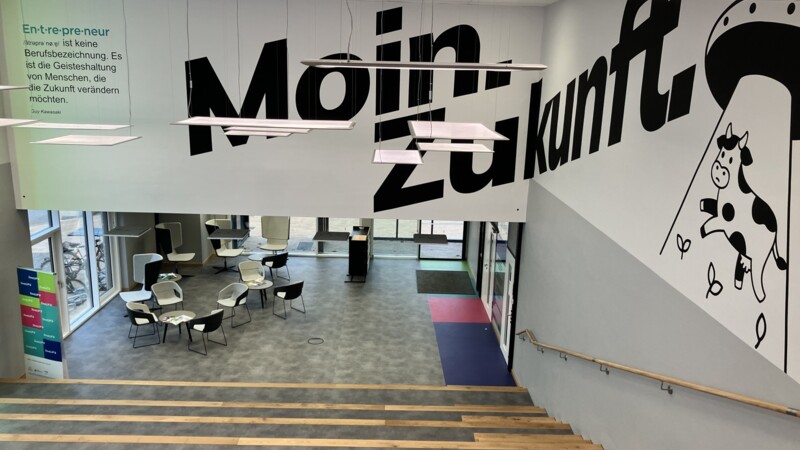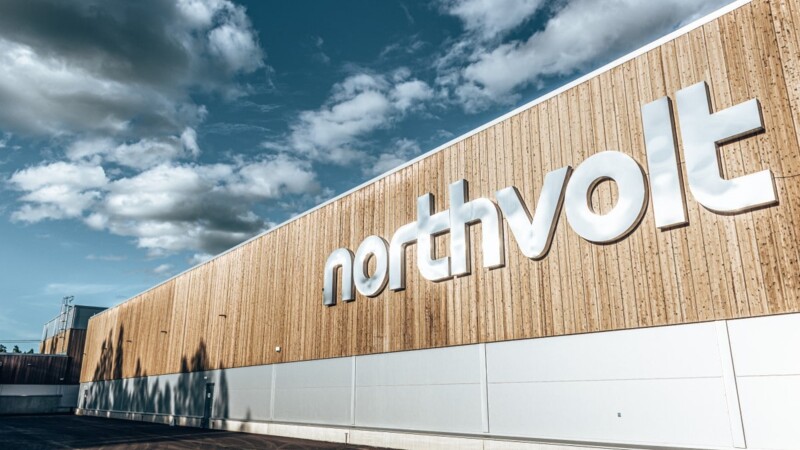The expansion of photovoltaic systems is picking up speed, according to the German government. More than 1 million new systems with an output of 14.6 gigawatts were installed in 2023 or double the number in 2022. The total output of all solar systems had thus increased by 14.6 gigawatts to 82.2 gigawatts by late 2023. Around 3.7 gigawatts of new capacity was installed in QI of 2024 or a rise of almost 17.5 per cent over the same period in 2023. That brings the interim target of 88 gigawatts by late 2024 well within reach. The use of photovoltaic systems on balconies has also risen sharply. Around 300,000 new balcony power plants were registered last year, according to the Bundesnetzagentur (or Federal Network Agency).
Carbon Freed, a start-up based in the Hamburg Metropolitan Region, is on a mission to increase the use of renewable energy. It does this by certifying the photovoltaic systems needed to feed electricity into the public grid. The company was founded by Marko Ibsch, who previously worked in the energy sector, and has vast experience with renewable energy.
Expansion of solar energy picks up speed
Regulating grid connections
The way electricity is generated Germany is changing and at least 80 per cent of electricity should come from renewable energies by 2030, according to the German Ministry of Economics and Climate Protection. . Electricity is increasingly being generated on a decentralised basis, whereas in the past relatively few power stations supplied all consumers. Yet, the supply is subject to constant fluctuations. Each photovoltaic and wind power plant must meet precisely defined criteria to ensure grid stability and security of supply. Certification by an accredited certifying body is essential for any system of 135 kW or more. And a system can only be connected to the grid in accordance with the Electrotechnical Properties Verification Ordinance (NELEV), which hinges on a certificate.
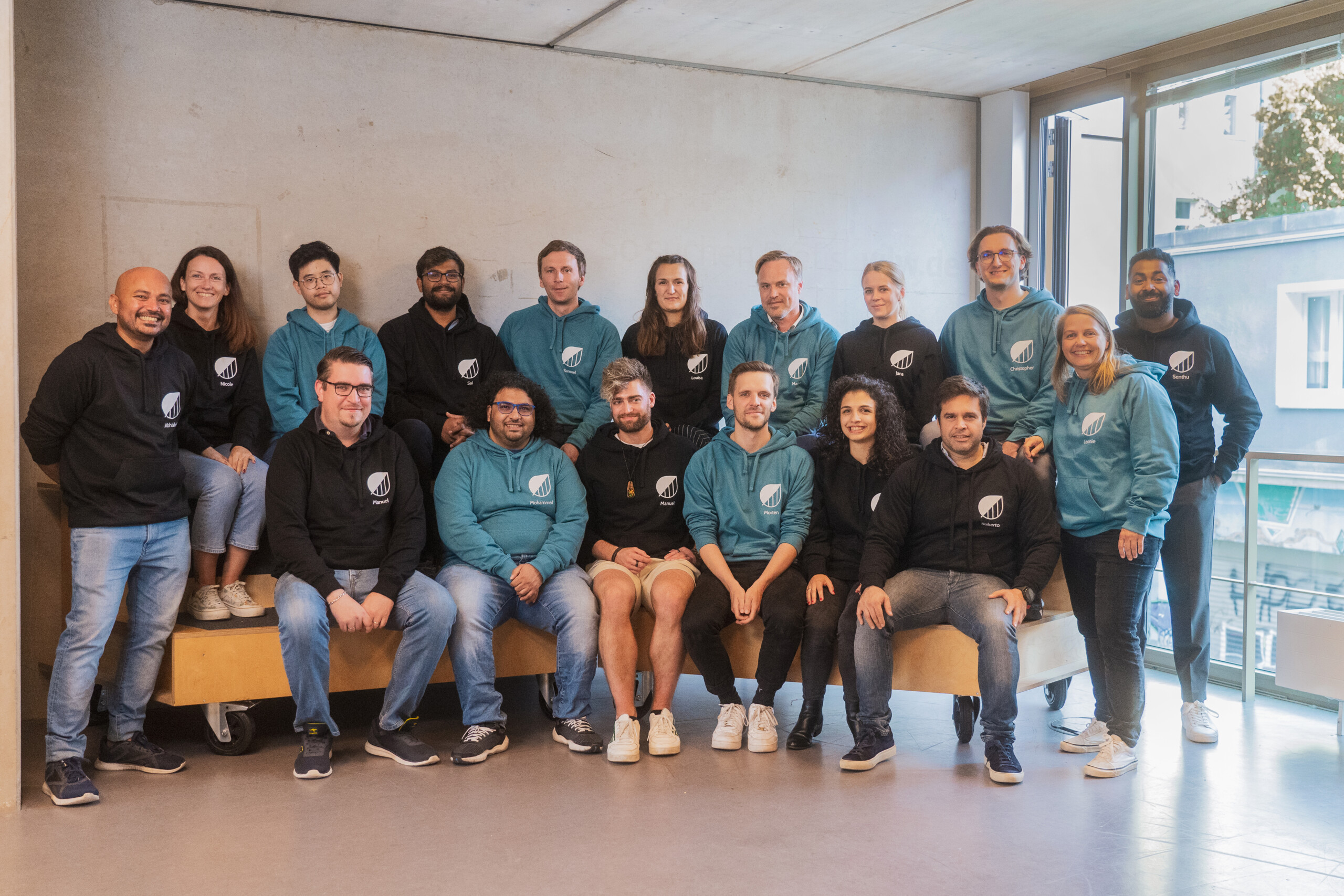
Bureaucracy hampering network security
"Certification is crucial," Ibsch stressed. Large solar systems require a certificate before they are even allowed to feed electricity into the grid. "That is a complex process in which various players work jointly and at the moment, it is taking several months. We can do it in just a few weeks." However, most large photovoltaic systems are certified manually, which can be a headache as all those involved are left to fend for themselves. Data stems from different sources, countless queries are required and, in the end, the certification body has to painstakingly compile all the information.
Carbon Freed speeding up certification and grid expansion
Hopes are now high that the Carbon Freed's AI-powered online platform could accelerate Germany's energy transition. Enter "Gridcert”. Designed to digitise the grid connection process for larger photovoltaic systems, the platform brings together stakeholders in the planning and construction of a photovoltaic system. Each user feeds their data into the platform and communicates through the system, rather than by email. The platform uses machine learning and AI to systematise the data aggregation process and ensures that all information is collected and analysed in the right manner. "That has many benefits," said Ibsch. The system overlays requirements and existing information, identifies missing data and ultimately provides the certifier with a complete set of data that basically just needs to be checked and ticked off.
sw/mb/mm/pb
Sources and further information
More
Similar articles
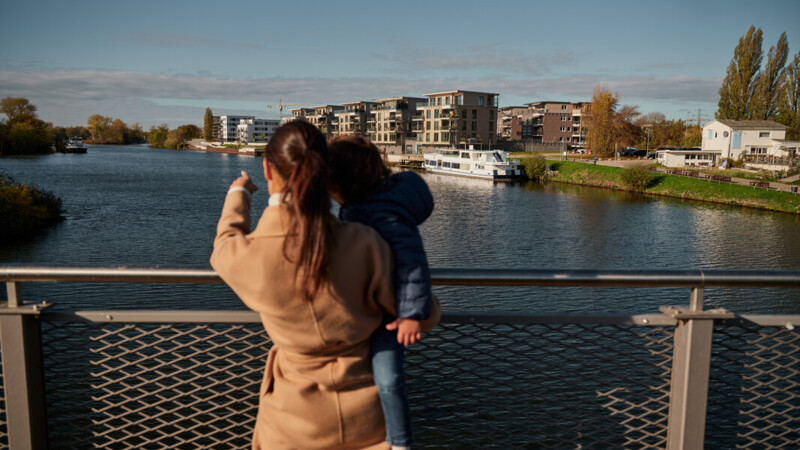
Spatial model of Hamburg Metropolitan Region presented
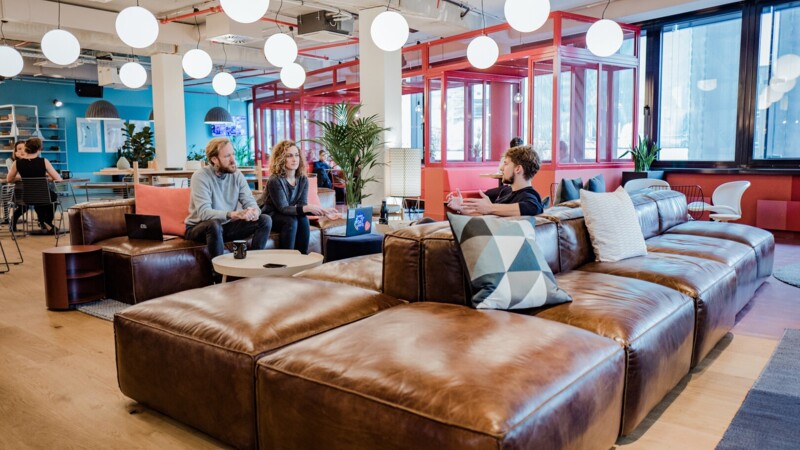
Hamburg Metropolitan Region to get two centres of innovation
